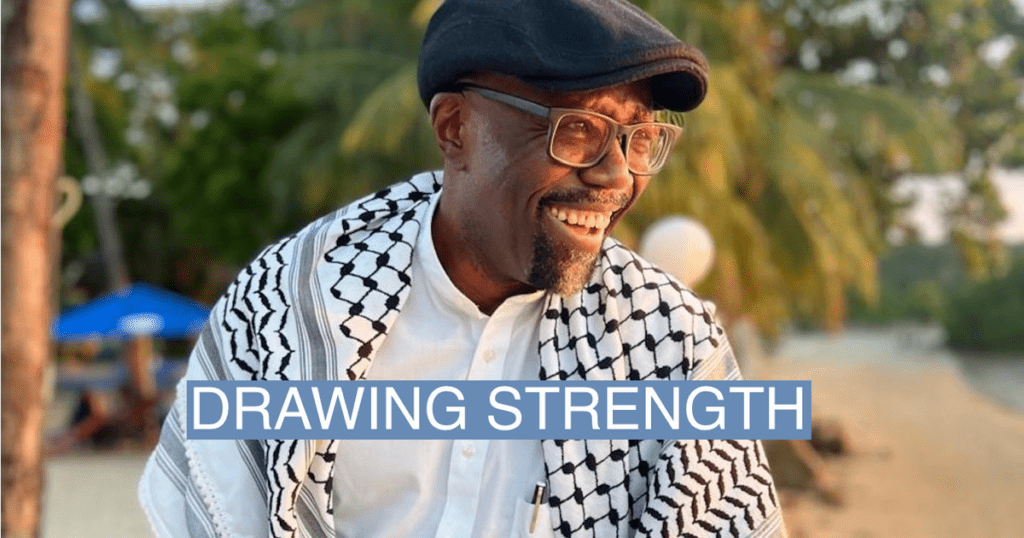💡 What inspires your work? Curiosity. I have always been very intrigued by social and cultural issues, global politics and their dynamics, and contemporary events. I started out as an editorial cartoonist right from school eager to make sense of the world, but soon realized I was uninformed on a broad range of issues. That realization pushed me to interrogate issues more deeply.
Courtesy: Gado
💡 What has been a personal high point as a political satirist so far? My obligation as a cartoonist falls within a larger media ecosystem, at least that is the lens through which I like to look at it. I was lucky to start at Nation Media Group at a time when the wind of change was blowing in the country, which was on the cusp of multiparty democracy. Media was growing strong, and becoming bolder. It was rising from a turbulent past that was hostile to intellectuals and artists. Despite that, I have maintained artistic freedom, which is rare in most organizations.
💡 How do you ensure fluidity in your satirical work? My work speaks to audiences across the board, from those in power to the ordinary folk. The aim is to spark crucial public discourses that awaken the public’s political consciousness, to embolden and give them a voice to question power; whether it is about corruption, climate change, politics, or international relations. The fluidity comes with the job of an editorial cartoonist, which includes afflicting the powerful and uplifting the downtrodden. And there’s the rule that you do not attack the marginalized and the weak.
💡 How has the political leadership in East Africa changed since you’ve been a cartoonist? In Uganda and Rwanda, top political leadership has remained the same for decades, but that’s different from Kenya and Tanzania, for example. Thing is, regimes come and go, but we have to ensure that we do not let the guard down. The objective has been to consistently acknowledge and protect the gains of free press. Sometimes, I draw a cartoon and it strikes me that I drew a similar one over two decades ago. That just goes to show things have not changed much, from a political standpoint.
💡 How does criticism from those you poke fun at influence your work? I get scathing feedback for my cartoons. The political class particularly hates being caricatured. I have been sued by politicians for cartoons they did not like. I also have maintained a love-hate relationship with my editors because my work brought too much pressure on them. My family has also been targeted because the powers that be didn’t like how I represented them. But that is part of my job. The attempts to get to me have not moved me.
💡 What tips do you typically share with young satirists and cartoonists? Read broadly and have a good understanding of your subjects. It is important to remain a student of your craft, which means that you will be constantly improving, learning and correcting where you make mistakes, which is common for artists. It is also helpful to be open-minded and work with other artists in the creative ecosystems; academics, writers. That expands your worldview and offers a better understanding of your work as well.
💡What’s your favorite dish that you would serve on Semafor Africa’s visit to yours? Ha! I’m a foodie who loves exploring cultures and places through food. Matoke, an East African dish made from green bananas, served with beef or pork, would be a great option.
Source link : https://www.semafor.com/article/06/23/2024/east-africas-cartoonist-gado-on-standing-up-to-power
Author :
Publish date : 2024-06-23 10:13:00
Copyright for syndicated content belongs to the linked Source.
